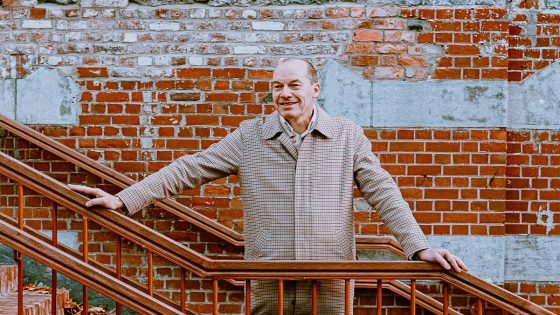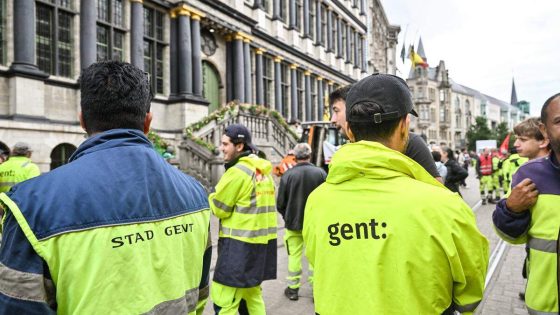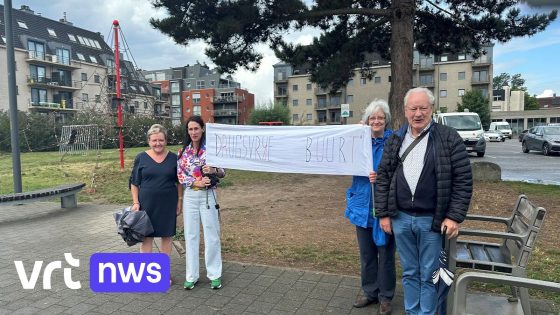The role of the Brussels bouwmeester has become a focal point in the region’s urban development debate as Kristiaan Borret steps down after ten years in service. His mandate officially ends on 31 August, a decision confirmed in a letter from outgoing Secretary of State for Urbanism Ans Persoons to the Brussels government on 30 July. With the deadline approaching, questions arise about the future of architectural oversight in Brussels.
- Kristiaan Borret ends Brussels bouwmeester mandate
- Brussels government delays appointing bouwmeester successor
- Missing bouwmeester risks invalid urban permits
- Permit delays cause potential developer compensation claims
- Political disputes stall bouwmeester replacement process
- Real estate sector urges urgent bouwmeester appointment
The bouwmeester ensures the architectural quality of large-scale projects, providing mandatory advice on developments exceeding 5,000 square meters. Despite a successor being identified and positively evaluated last June, the appointment has yet to be finalized, leaving uncertainty as of 2025-08-02 09:05:00. What impact could this delay have on Brussels’ construction permits and urban planning?
With the bouwmeester position vacant, stakeholders worry about potential legal and procedural complications. The situation calls for urgent resolution to avoid disruptions in the city’s development pipeline.
Why is the appointment of a new bouwmeester taking so long, and what does this mean for Brussels’ construction sector? Political disagreements have stalled the process, with parties like PS and Défi seeking to revise the role. This delay could:
- Cause permit approvals to be deemed irregular if issued without bouwmeester advice
- Lead to a 60-day delay in permit processing, frustrating developers
- Expose the Brussels government to compensation claims from affected project developers
- Potentially reduce the number of permit applications due to increased legal risks
To safeguard Brussels’ architectural standards and avoid costly delays, authorities must act swiftly to confirm a new bouwmeester or extend Borret’s mandate. Can political consensus be reached in time to protect the city’s building projects? Stakeholders now await decisive action to maintain momentum in Brussels’ evolving urban landscape.






























